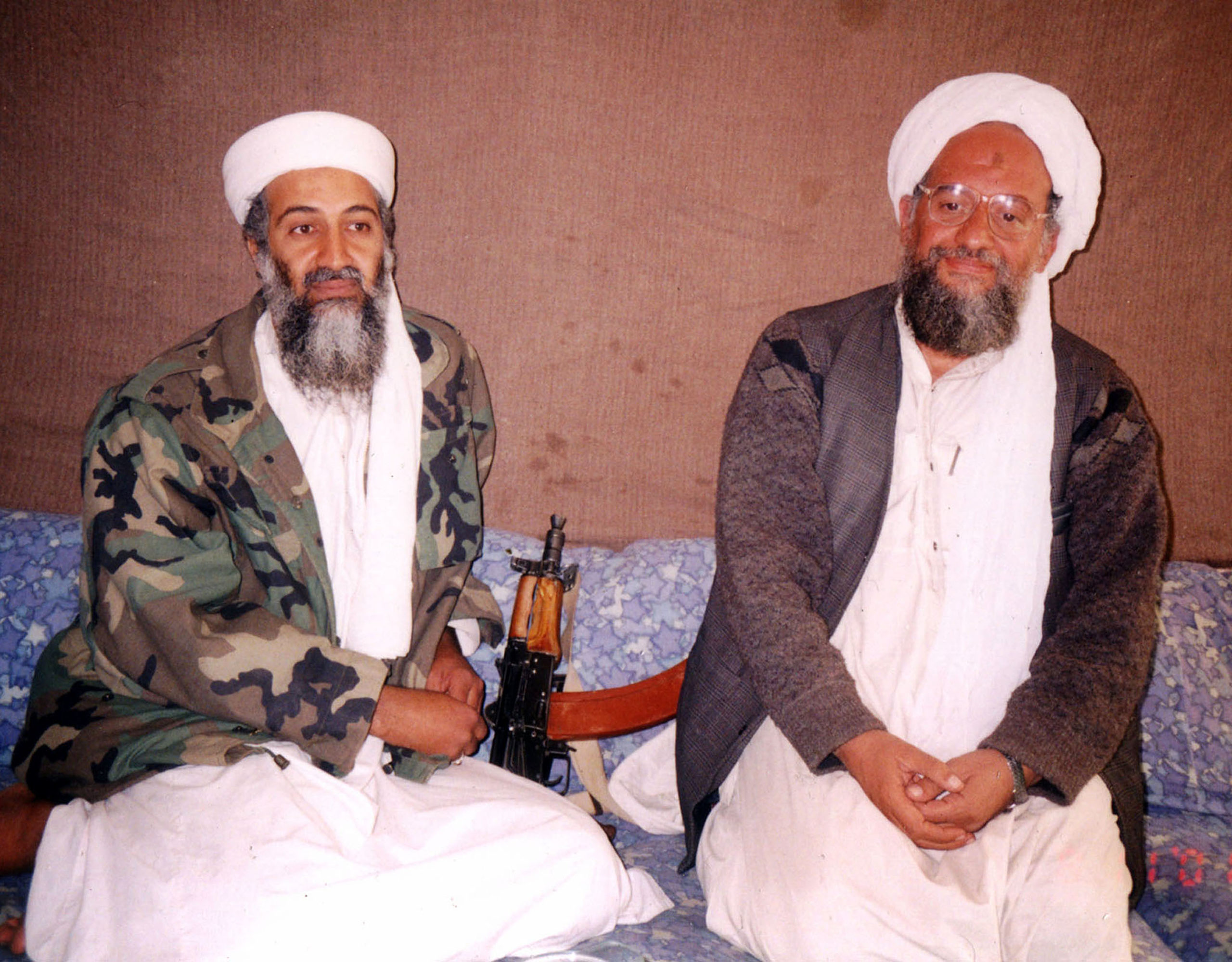Curt Mills

In the fall, the war was always there, but we did not go there anymore.
One supposes if Hemingway said it better—leave it at that. When news broke of the knockout of the Bin Laden successor Ayman al-Zawahiri last week what dominated (stateside anyway) was a surreal impression of interspace. War on Terror? Afghanistan? Al-Qaeda? More flashbacks from a bad dream.
Felt by Middle East wizards to be even more answerable for the September 11, 2001, attacks on the American Northeast than old Osama himself, Zawahiri remolded airline travel more dramatically than any man until Transportation Secretary Buttigieg, judging by queues and delays in cities across the U.S. this weekend. (I say savor the tang in Napa, Mr. Michigan; those wine moms aren’t going to cut checks by themselves.)
My boon companion Pratik Chougule, late of TAC high command, has a notion on the sinister milieu from which Herr Zawahiri emerged. It was the 1950s, and students would hector instructors from the fundamentalist fringe; secular kingpin Gamal Abdel Nasser would make fun of these cats. Requiring the Islamic veil for women? Quibbling about skirt spans? Get a load of the fossils.
When the pan-Arabist, neo-socialist leadership generation collapsed underneath the force of Israeli might, within mere decades, the joke was on Nasser, either too dead to know the difference or cut off from virgo intacta in paradise.
Chougule, who’s got a new volume out on the Mideast academy and its intersection with Washington, makes the point that such benighted losers can achieve shock success, be it race hucksters at one of the thousandfold American universities not worth going to, or “the New Right” to any minimifidian readers in the audience.
My late mentor Mark Perry, dead a year ago today, argued a decade ago in his Talking to Terrorists that we gringos should draw distinctions. The Muslim Brotherhood, Hamas, the Iranian Revolutionary Guard, the Lebanese Army of God— these guys are religious wackos (as it turns out, who isn’t?), sure, but they are not al-Qaeda. They are not Islamic State.
But it’s hard to pass over the fact that Zawahiri had been a charter member of “the Brotherhood,” as Mark hilariously and casually referred to it. Zawahiri had been arrested, along with hundreds, for a cool presidential assassination before 30. Or as the pseudepigraphic writer Niccolo Soldo noted in ‘Stack this weekend,
People titter and laugh when you tell them that marijuana is a gateway drug. It sounds silly to Gen Xers, and I can only imagine how corny it sounds to Millennials and Zoomers. But it is 100% true. A line is crossed when you smoke that first joint, and thanks to the relative harmlessness of marijuana when compared to harder drugs, a person will think to themselves "it’s not that bad at all."
And as badass as the habit was, I curse Phillip Morris International that Mark’s not around to tell me I’m wrong.
A “21 Club” birthday on from 9/11, and al-Qaeda is what it was on 9/10: a bad joke. They’re losers. Their leader turned to ash at 6 a.m. on a Sunday, burnt crisp by American-made Hellfire missiles. The Sunni Arab states (you know, actual governments) have in recent years made previously unimaginable pacts with Israel. You wouldn’t want to fly to Kabul anymore; but you can jet from Tel Aviv to Dubai no problem. And the Palestinians, the cause célèbre and raison d’être of political Islam, are mired in conceivably terminal loserdom.
The real fear, then, would be back to the future.
Bin Laden and Zawahiri’s successors have less to lose by ever-more-daring savagery. Or to round out the piece with a quote from another American great: “Beware the preachers. Beware the knowers. Beware the average man, the average woman. But there is genius in their hatred. There is enough genius in their hatred to kill you. And their hatred will be perfect.”
No comments:
Post a Comment